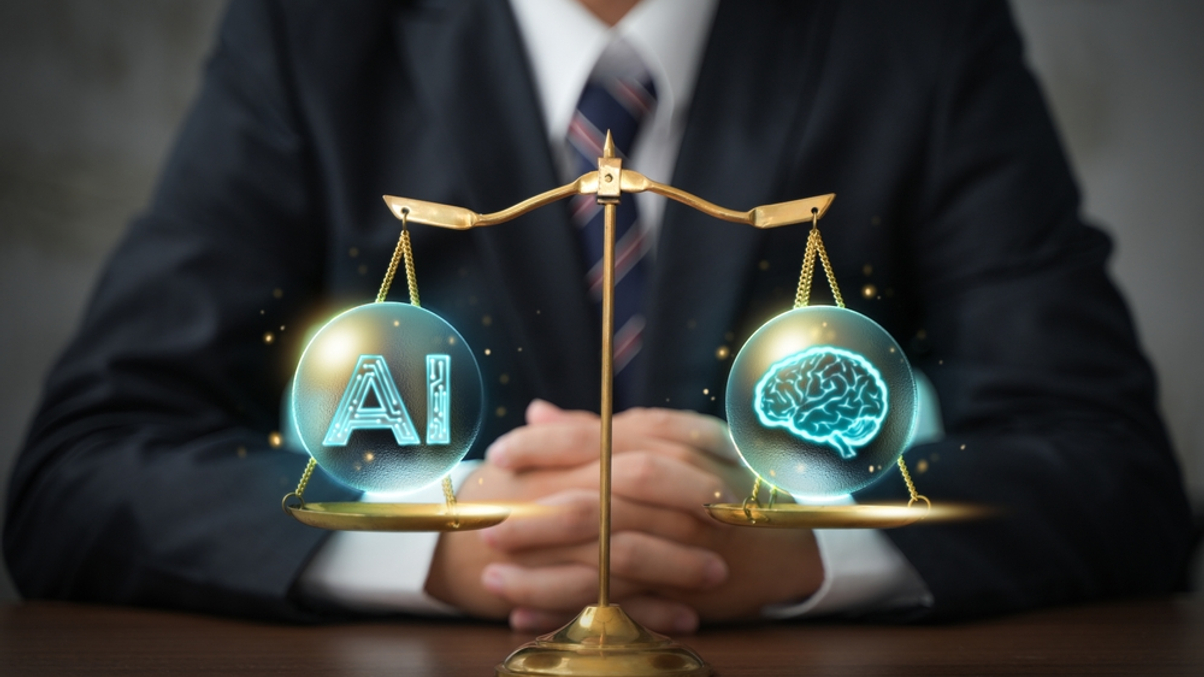AI unleashes innovation yet raises ethical concerns, say pension executives
As artificial intelligence reshapes industries, top pension executives from State Super and APG Asset Management share insights on harnessing its potential while navigating ethical challenges.

As artificial intelligence (AI) rapidly transforms industries from finance to healthcare, investment experts must grapple with the technology’s immense potential for efficiency gains as well as its profound ethical challenges.
Sign in to read on!
Registered users get 2 free articles in 30 days.
Subscribers have full unlimited access to AsianInvestor
Not signed up? New users get 2 free articles per month, plus a 7-day unlimited free trial.
¬ Haymarket Media Limited. All rights reserved.


